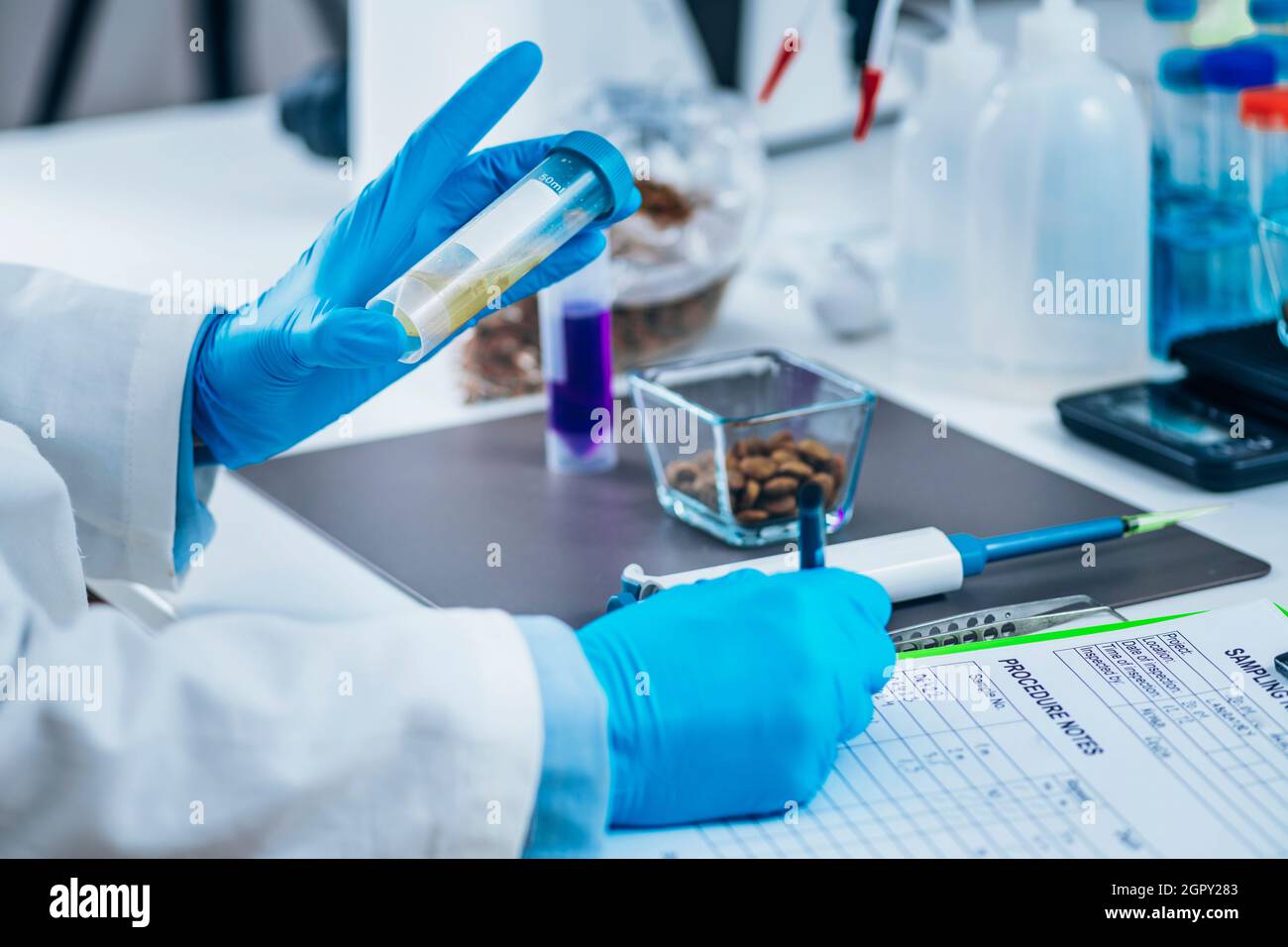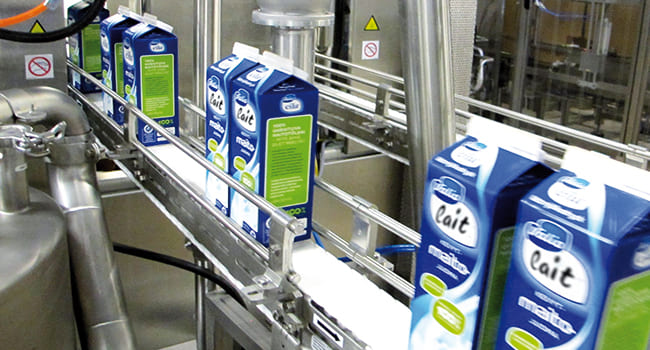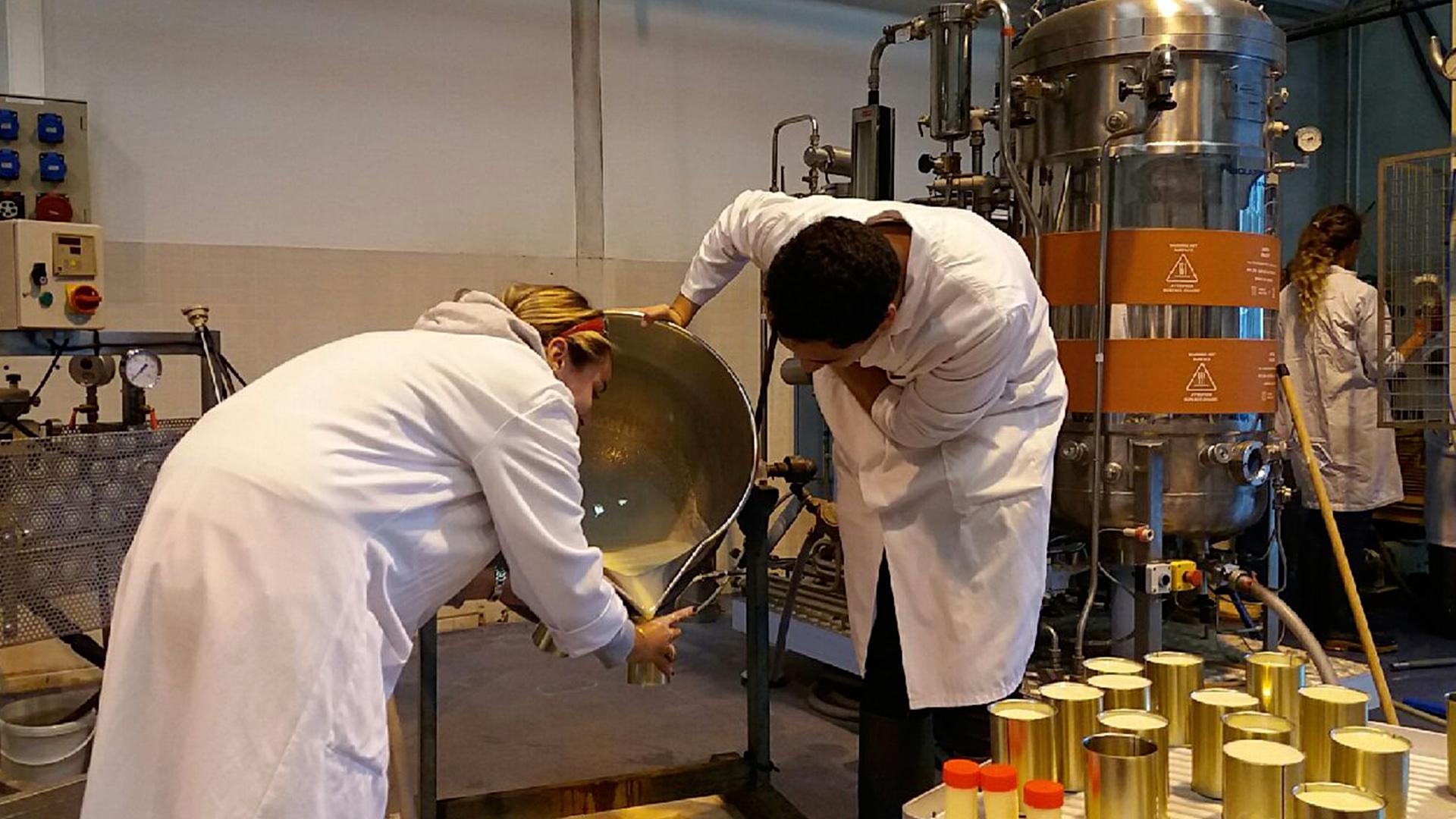Mini Projet (Mini Poject) S2 2025
Aperçu des sections
-
MINI PROJECTS aim to bridge theoretical knowledge with real-world applications by enabling students to implement the technical and analytical skills gained during their academic training. These projects are designed as immersive learning experiences, combining:
Industry Visits: Structured tours of food production facilities and quality control laboratories, where students observe industry-standard practices, engage with professionals, and analyze challenges in food safety and compliance.
Hands-On Lab Sessions: Practical training at SNV-STU Faculty, where students master essential food testing techniques (e.g., microbiological assays, physicochemical analyses, and sensory evaluation) using state-of-the-art equipment.
Project-Based Learning: Students work in teams to solve real case studies, from diagnosing quality issues to proposing improvements, culminating in a formal report or presentation assessed by faculty and industry partners.
By integrating fieldwork with academic rigor, these projects prepare students for careers in food science, emphasizing problem-solving, teamwork, and adherence to regulatory standards (e.g., ISO, HACCP).

-

University of Abou Bakr Belkaid Tlemcen
Faculty : Natural and Life Sciences and Earth and Universe
Department :Agrnomy
Lecturer : Dr Djahida HADJ MERABET
Email : djahida.hadjmerabet@univ-tlemcen.dz ; hadjmerabetd@gmail.com
Degree : AGRI-FOOD TECHNOLOGY AND QUALITY CONTROL 3rd year LicenseTeaching Unit : TransversalCoefficient : 02Credits : 04Total lecturing hours: Semester 45H (tp Industry Visits, ......Hands-On Lab Sessions )Assessment : Exam (60%) + Continuous Assessment (40%)Availability: Laboratory of Ppubionut
Every Sunday From 9a.m to 11a.m
-
-
discutez entre vous sur le contrôle de la qualité du LAIT

-
By the end of this course, the student will be able to:
Utilize core tools for production and quality management in the food processing industry.
Implement structured project management methodologies to solve industry-relevant problems.
Demonstrate autonomy by independently planning and executing project tasks.
Collaborate effectively in team settings to achieve common project goals.
Analyze quality control challenges and propose practical solutions.
-
Recommended Prerequisite Knowledge:
Students should possess foundational understanding of:Food production processes
Quality control principles in the agri-food sector
Basic food industry standards and regulations
-

1. Field Investigation
Objective: Conduct on-site analysis of food production facilities.
Activities:
Facility inspections (hygiene, equipment, workflows)
Interviews with quality control personnel
Identification of potential hazards (HACCP principles)
2. Monitoring Food Production
Objective: Track the manufacturing process of a selected food product.
Activities:
Raw material selection & sourcing
Process flow documentation (from processing to packaging)
Critical control point (CCP) verification
3. Practical Lab Session:
Quality Control of Milk & Carbonated Beverages
Objective: Perform hands-on quality testing for dairy products.
Techniques Covered:
Microbiological analysis (total plate count, coliforms)
Physicochemical tests (pH, fat content, adulteration checks)
Sensory evaluation (odor, taste, texture)
4. Quality Management Program Proposal
Objective: Design a customized quality assurance plan for a production unit.
Deliverables:
Risk assessment report
Standard Operating Procedures (SOPs) draft
Corrective action protocols
-
SORTIE SUR TERRAIN DANS L'ENTRPRISE GIPLAIT TLEMCEN


-
Practical Internship in Biochemistry & Microbiology Laboratories
Physicochemical and Microbiological Analysis of Five Commercial Milk Brands in Algeria
(Candia, El Mouroudj, El Nadjah, Soumam, Giplait)Conduct standardized physicochemical and microbiological tests on commercial milk samples.
Compare results against Algerian dairy standards (JORA No. 07-03 of 2007) and Codex Alimentarius.
Evaluate compliance with safety (absence of pathogens) and quality (nutritional integrity) benchmarks.




-

https://meet.google.com/ecv-phpf-fhg
-
Laboratory-based training program focusing on quality assurance testing of commercially available carbonated soft drinks (CSDs) in Algeria.
Quality Control Assessment
Perform physicochemical, microbiological, and organoleptic analyses on carbonated soft drinks (CSDs) commercially available in Algeria.
Verify compliance with Algerian standards (JORA) and international regulations (Codex Alimentarius, ISO).
Safety Assurance
Detect potential microbiological hazards (e.g., coliforms, Staphylococcus aureus).
Identify physicochemical deviations (e.g., abnormal pH, excess sugar/acidulants).
Comparative Brand Evaluation
Benchmark local brands (e.g., Hamoud, Exquise) against international products (e.g., Coca-Cola, Pepsi).
Highlight quality gaps and recommend improvements.
Skill Development
Master laboratory techniques (spectrophotometry, microbial plating, titration).
Apply sensory evaluation protocols (ISO 6658) with trained panels.
Regulatory Contribution
Generate data to support public health policies and industry quality upgrades



-
![Autres] – Exemple d'une lettre de "Demande de Stage" - SVI-MAROC](http://3.bp.blogspot.com/-FJRm0gErBn0/ViYsZwcSlyI/AAAAAAAACJI/89DXbH2rE2w/s640/stage.jpg)
-
DISCUSSION STAGE VACANCE PRINTEMPS

-
-

-



